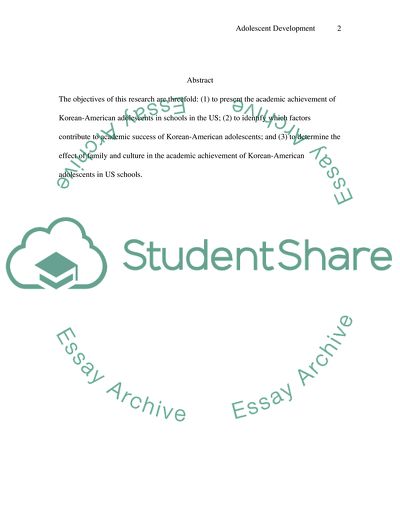Cite this document
(Korean-American Adolescents Academic Success Case Study, n.d.)
Korean-American Adolescents Academic Success Case Study. Retrieved from https://studentshare.org/education/1554081-korean-american-adolescents-academic-success
Korean-American Adolescents Academic Success Case Study. Retrieved from https://studentshare.org/education/1554081-korean-american-adolescents-academic-success
(Korean-American Adolescents Academic Success Case Study)
Korean-American Adolescents Academic Success Case Study. https://studentshare.org/education/1554081-korean-american-adolescents-academic-success.
Korean-American Adolescents Academic Success Case Study. https://studentshare.org/education/1554081-korean-american-adolescents-academic-success.
“Korean-American Adolescents Academic Success Case Study”, n.d. https://studentshare.org/education/1554081-korean-american-adolescents-academic-success.


